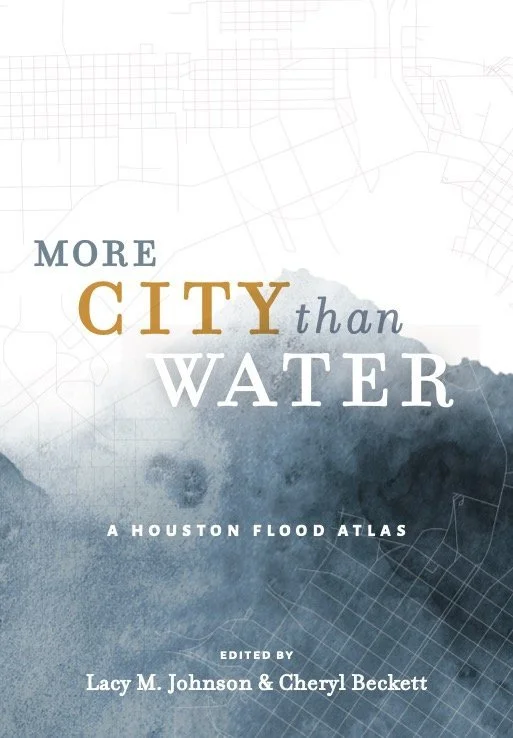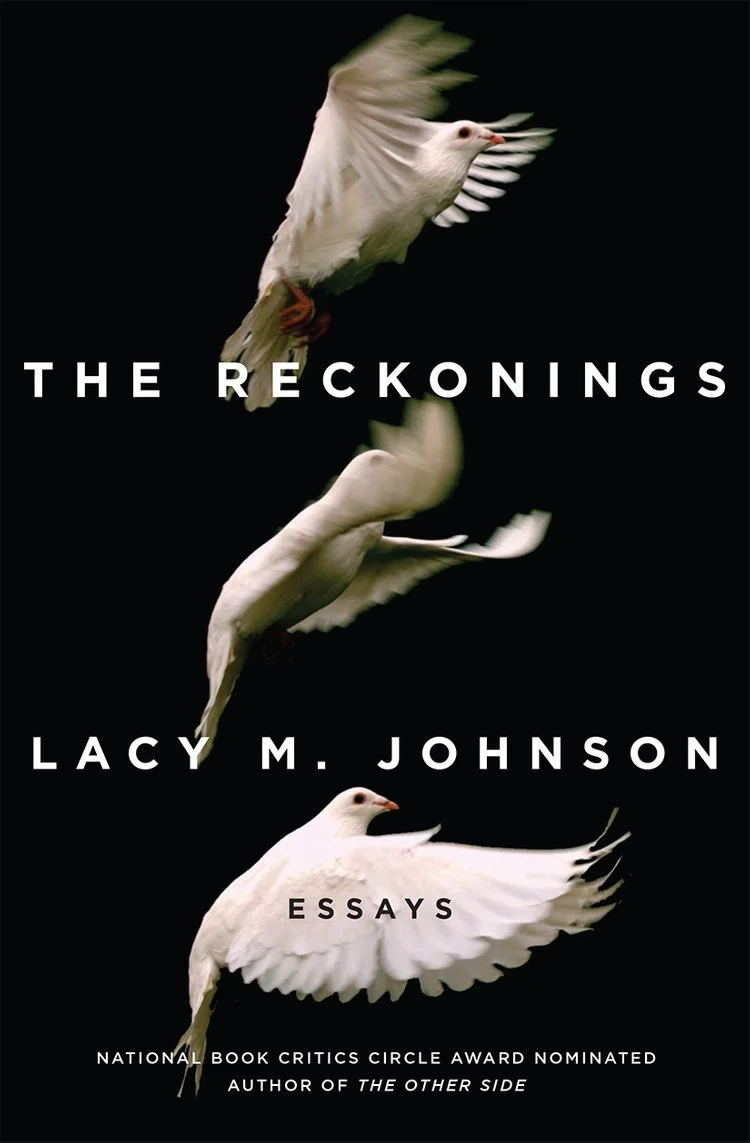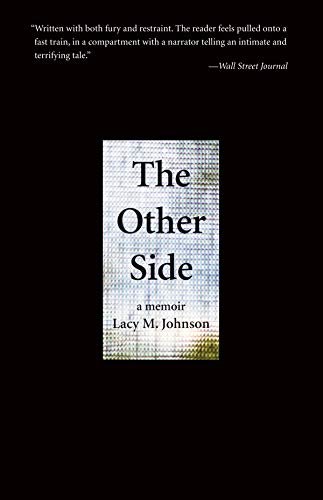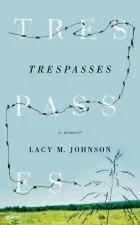Lacy M. Johnson is author of The Reckonings (Scribner, 2018), which was named a National Book Critics Circle Award Finalist in Criticism and one of the best books of 2018 by Boston Globe, Electric Literature, Autostraddle, Book Riot, and Refinery 29. She is also the author of The Other Side (Tin House, 2014). For its frank and fearless confrontation of the epidemic of violence against women, The Other Side was named a finalist for the National Book Critics Circle Award in Autobiography, the Dayton Literary Peace Prize, an Edgar Award in Best Fact Crime, the CLMP Firecracker Award in Nonfiction; it was a Barnes and Noble Discover Great New Writer Selection for 2014, and was named one of the best books of 2014 by Kirkus, Library Journal, and the Houston Chronicle. Her other books include Trespasses: A Memoir (University of Iowa Press, 2012), which has been anthologized in The Racial Imaginary (Fence Books, 2015) and Literature: The Human Experience (Bedford / St. Martin’s, 2013-2018). She is co-editor, with Cheryl Beckett, of More City Than Water: A Houston Flood Atlas (University of Texas Press, 2022).
Her writing has appeared in the Best American Essays, Best American Travel Writing, the New Yorker, the New York Times, the Los Angeles Times, Paris Review, Orion, Virginia Quarterly Review, Tin House, Guernica, Fourth Genre, Creative Nonfiction, Sentence, TriQuarterly, Gulf Coast and elsewhere. As a writer and artist, she has been awarded grants and fellowships from the Guggenheim Foundation, Houston Endowment, Rice University's Humanities Research Center, Houston Arts Alliance, the Sustainable Arts Foundation, Kansas Arts Commission, the Cynthia Woods Mitchell Center for the Arts, Inprint, and Millay Colony for the Arts.
In an interview with Sophie Newman at The Journal, she was asked about her definition of justice, which can be anything that "makes the condition of joy a possibility again.” She responded, “if we believe that justice means finding a way to make the condition of joy a possibility again, then justice means we not only address the harm but also the structural inequities that made that harm possible in the first place. Working toward one another’s mutual joy would not only be a powerful act of resistance against ongoing injustices, but would also be profoundly healing for us all.”
A Houston-based professor, curator, and activist, Johnson worked as a cashier at WalMart, sold steaks door-to-door, and puppeteered with a traveling children’s museum before earning a PhD from University of Houston’s Creative Writing Program, where she was both an Erhardt Fellow and Inprint Fondren Fellow. She teaches creative nonfiction at Rice University and is the Founding Director of the Houston Flood Museum.






